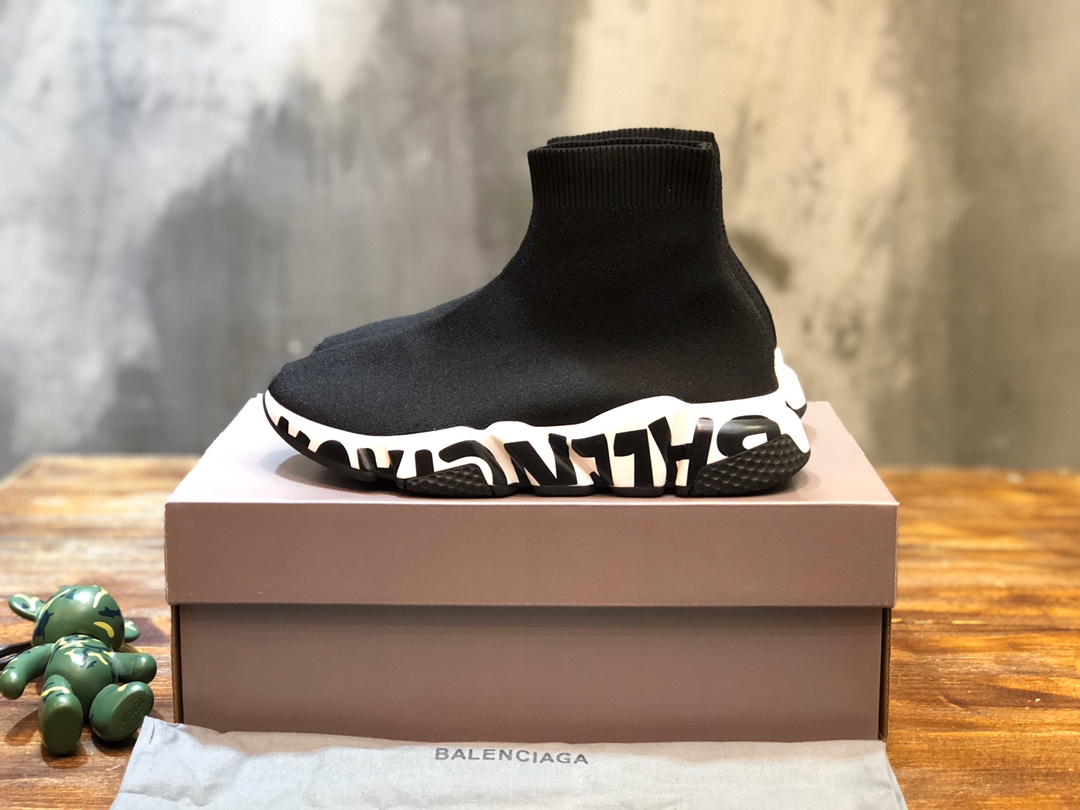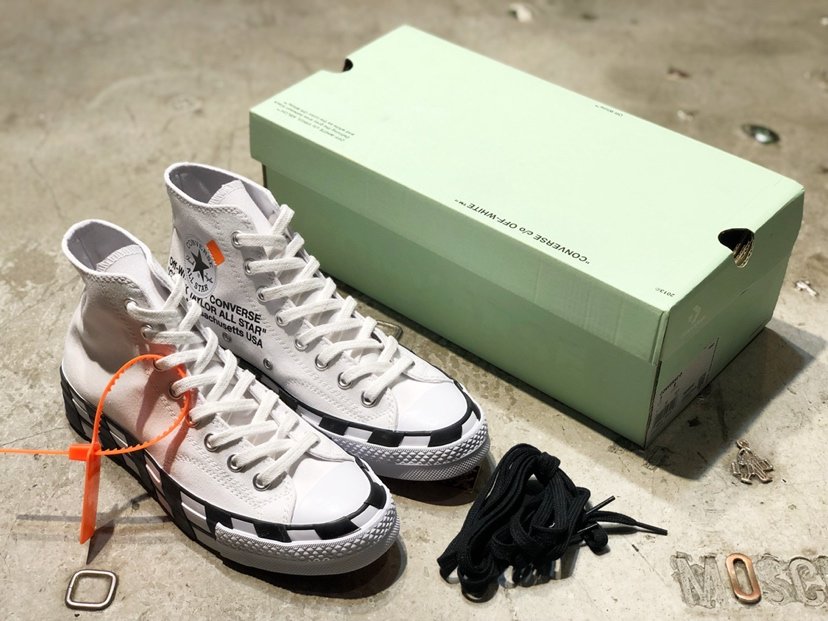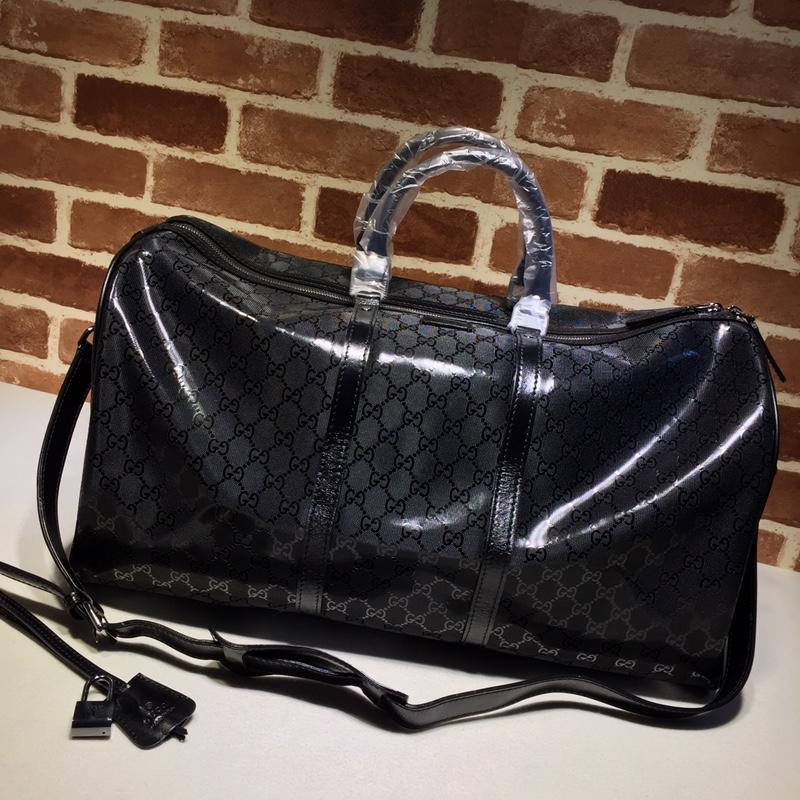 FashionReps Balenciaga Sneaker Speed Runner 2.0 in Black | Replica Shoes and Sneakers FAKE STORE OUTLET
FashionReps Balenciaga Sneaker Speed Runner 2.0 in Black | Replica Shoes and Sneakers FAKE STORE OUTLET FashionReps Christian Louboutin Sneaker Louis Spikes Flat | Replica Shoes and Sneakers FAKE STORE OUTLET
FashionReps Christian Louboutin Sneaker Louis Spikes Flat | Replica Shoes and Sneakers FAKE STORE OUTLET FashionReps Versace Sneaker Chain Reaction in Black | Replica Shoes and Sneakers FAKE STORE OUTLET
FashionReps Versace Sneaker Chain Reaction in Black | Replica Shoes and Sneakers FAKE STORE OUTLETTitle: Replica Shoes: An In-Depth Analysis of the
Controversial IndustryIntroduction (150 words)
Replica shoes, also known as counterfeit or fake shoes, have become a significant presence in the global footwear market. These shoes are designed to imitate the appearance of popular branded shoes while being sold at significantly lower prices. The replica shoe industry has grown rapidly, driven by the demand for affordable alternatives to high-end footwear. This article aims to provide an in-depth analysis of the replica shoe industry, including its impact on the market, ethical considerations, legal implications, and consumer perspectives.
The Rise of Replica Shoes (200 words)
The rise of replica shoes can be attributed to various factors. Firstly, the increasing popularity of luxury and designer footwear has created a demand for more affordable options. Replica shoes fulfill this demand by providing consumers with access to fashionable footwear at a fraction of the cost. Additionally, the growth of e-commerce platforms and social media has made it easier for replica shoe sellers to reach a wider audience, further fueling the industry's expansion.
Manufacturing and Distribution (250 words)
Replica shoes are typically manufactured in countries with low labor costs, such as China, Vietnam, and Thailand. These shoes are often made using lower-quality materials and less stringent manufacturing processes compared to their authentic counterparts. Once produced, replica shoes are distributed through various channels, including online marketplaces, social media platforms, and physical stores. Some sellers operate openly, while others employ more covert methods to avoid legal scrutiny.
Ethical Considerations (300 words)
The replica shoe industry raises significant ethical concerns. Counterfeit manufacturing often involves labor exploitation, where workers are subjected to poor working conditions and low wages. Moreover, counterfeiting undermines the intellectual property rights of legitimate brands, impacting their revenues and discouraging innovation. Ethical consumers argue that purchasing replica shoes supports these unethical practices and perpetuates a culture of counterfeiting.
 FashionReps Hermes Sweatshirt Cotton Print in Orange clothing Replica&FAKE STORE OUTLET
FashionReps Hermes Sweatshirt Cotton Print in Orange clothing Replica&FAKE STORE OUTLET FashionReps PK GOD CONVERSE X OFF-WHITE CHUCK TAYLOR 1970S retail materails READY TO SHIP clothing Replica&FAKE STORE OUTLET
FashionReps PK GOD CONVERSE X OFF-WHITE CHUCK TAYLOR 1970S retail materails READY TO SHIP clothing Replica&FAKE STORE OUTLET FashionReps GUCCI * Adidas 2022 new hoodies clothing Replica&FAKE STORE OUTLET
FashionReps GUCCI * Adidas 2022 new hoodies clothing Replica&FAKE STORE OUTLETTitle: Replica Shoes: An In-Depth Analysis of the Controversial Industry
Introduction (150 words)
Replica shoes, also known as counterfeit or fake shoes, have become a significant presence in the global footwear market. These shoes are designed to imitate the appearance of popular branded shoes while being sold at significantly lower prices. The replica shoe industry has grown rapidly, driven by the demand for affordable alternatives to high-end footwear. This article aims to provide an in-depth analysis of the replica shoe industry, including its impact on the market, ethical considerations, legal implications, and consumer perspectives.
The Rise of Replica Shoes (200 words)
The rise of replica shoes can be attributed to various factors. Firstly, the increasing popularity of luxury and designer footwear has created a demand for more affordable options. Replica shoes fulfill this demand by providing consumers with access to fashionable footwear at a fraction of the cost. Additionally,
fashion replica shoes the growth of e-commerce platforms and social media has made it easier for replica shoe sellers to reach a wider audience, further fueling the industry's expansion.
Manufacturing and Distribution (250 words)
Replica shoes are typically manufactured in countries with low labor costs, such as China, Vietnam, and Thailand. These shoes are often made using lower-quality materials and less stringent manufacturing processes compared to their authentic counterparts. Once produced, replica shoes are distributed through various channels, including online marketplaces, social media platforms, and physical stores. Some sellers operate openly, while others employ more covert methods to avoid legal scrutiny.
Ethical Considerations (300 words)
The replica shoe industry raises significant ethical concerns. Counterfeit manufacturing often involves labor exploitation, where workers are subjected to poor working conditions and low wages. Moreover, counterfeiting undermines the intellectual property rights of legitimate brands, impacting their revenues and discouraging innovation. Ethical consumers argue that purchasing replica shoes supports these
unethical practices and perpetuates a culture of counterfeiting.
 FashionReps Louis Vuitton 2022 new Backpacks | Replica bagsFAKE STORE OUTLET
FashionReps Louis Vuitton 2022 new Backpacks | Replica bagsFAKE STORE OUTLET FashionReps Louis Vuitton 2022 new Backpacks | Replica bagsFAKE STORE OUTLET
FashionReps Louis Vuitton 2022 new Backpacks | Replica bagsFAKE STORE OUTLET FashionReps Gucci Perfect Quality black glossy duffel bag GC06BM146 | Replica bagsFAKE STORE OUTLET
FashionReps Gucci Perfect Quality black glossy duffel bag GC06BM146 | Replica bagsFAKE STORE OUTLET